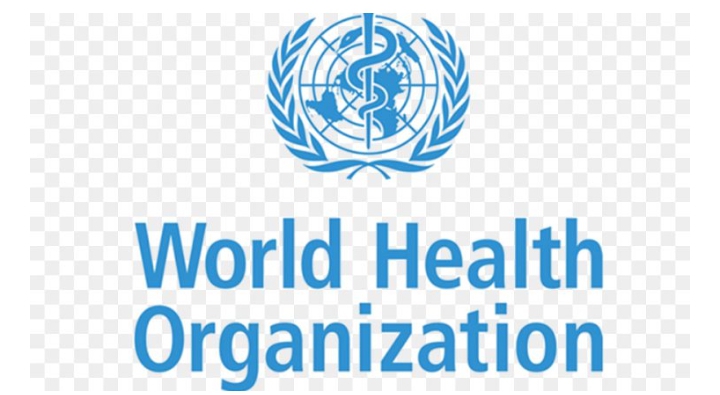The World Health Organization (WHO) has called for renewed global efforts to tackle malaria, urging action from all levels—global policies, national governments, and local communities—to accelerate progress towards the elimination of the disease. In its latest appeal, the WHO acknowledged the significant strides made since the late 1990s, when world leaders set the stage for substantial malaria control achievements. These efforts have prevented more than two billion malaria cases and saved nearly 13 million lives since the turn of the century.
As of now, 45 countries and one territory have been certified malaria-free by the WHO, with many other nations, particularly those with a low malaria burden, making steady progress towards the ultimate goal of malaria elimination. Among the remaining 83 malaria-endemic countries, 25 reported fewer than 10 cases of the disease in 2023, indicating that significant reductions have been made. However, Nigeria continues to bear a disproportionate burden of malaria, reflecting ongoing challenges in the fight against the disease in some parts of the world.
Speaking on this year’s World Malaria Day, WHO Director-General, Dr. Tedros Ghebreyesus, emphasized the cyclical nature of malaria’s impact. He warned that when attention is diverted from the disease, it tends to resurge, especially among the most vulnerable populations. “The history of malaria teaches us a harsh lesson: when we divert our attention, the disease resurges, taking its greatest toll on the most vulnerable,” Dr. Tedros said. “But the same history also shows us what’s possible: with strong political commitment, sustained investment, multisectoral action, and community engagement, malaria can be defeated.”
The WHO also pointed to recent advancements in malaria prevention, notably the ongoing efforts to develop and deploy new malaria vaccines and next-generation tools for disease control. In an encouraging step, Mali is set to join 19 other African countries in introducing malaria vaccines, a move described by the WHO as a critical milestone in the fight to protect young children from one of Africa’s deadliest diseases. The large-scale rollout of these vaccines is expected to save tens of thousands of young lives annually.
Additionally, the expanded use of new-generation insecticide-treated nets has shown great promise. These nets, which have proven more effective than traditional pyrethroid-only nets, accounted for nearly 80 percent of all nets distributed in sub-Saharan Africa in 2023, up from 59 percent the previous year. This increase in distribution is expected to significantly reduce malaria transmission rates.
Despite these advancements, malaria remains a severe global health challenge. In 2023, nearly 600,000 lives were lost to the disease, with the African Region shouldering approximately 95 percent of the malaria burden. Progress has been slowed in many areas due to fragile health systems, the growing threats of drug and insecticide resistance, and socio-economic factors such as poverty, climate change, conflict, and population displacement.
The WHO also raised concerns about the potential impact of funding cuts in 2025, warning that a reduction in financial resources could derail progress in many endemic countries and put millions more lives at risk. A recent WHO assessment revealed that more than half of the 64 countries with malaria-endemic populations reported moderate to severe disruptions to malaria services, further highlighting the need for sustained investment.
The theme for this year’s World Malaria Day, “Malaria ends with us: reinvest, reimagine, reignite,” underscores the urgency of renewed political and financial commitment to safeguard the hard-won gains in malaria control. The WHO is calling on malaria-endemic countries to increase domestic spending, particularly in primary healthcare, to ensure that at-risk populations have access to the necessary services for prevention, detection, and treatment. The successful replenishment of funding bodies like the Global Fund and Gavi, the Vaccine Alliance, are also critical for sustaining malaria programs and achieving the targets set in the WHO Global Technical Strategy for Malaria 2016-2030.
In a positive development, more countries are making malaria control and elimination a national priority. One notable example is the Yaoundé Declaration, signed in March 2024 by African Ministers of Health from 11 high-burden countries. The declaration commits to strengthening health systems, mobilizing domestic resources, and improving multisectoral action to tackle malaria, while ensuring robust accountability mechanisms are in place.
Dr. Daniel Ngamije, Director of the WHO Global Malaria Programme, applauded the leadership shown by these ministers, stating that their commitment is the type of leadership needed to drive global efforts in malaria elimination. He emphasized that revitalizing efforts at all levels—from community health workers to national governments, and from researchers to the private sector—is essential for achieving the goal of ending malaria once and for all.
As the world continues its fight against malaria, the WHO stresses that collaboration, innovative solutions, and sustained political will are the keys to reducing and ultimately eliminating the disease’s burden on vulnerable populations, particularly in Africa.
